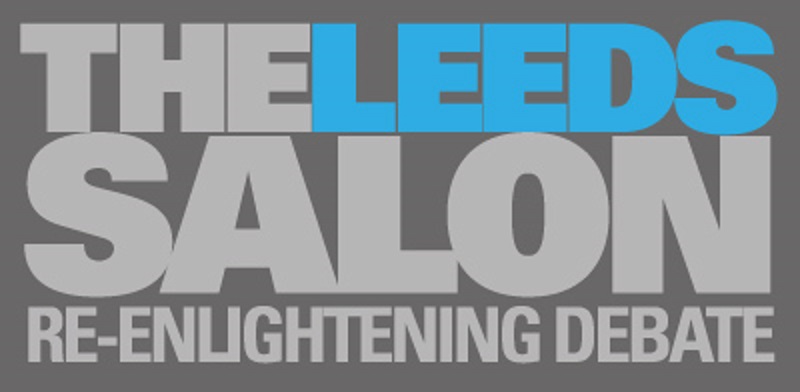There is a broad consensus that growing inequalities within Western societies underlie most of today’s social and economic problems. For President Obama, inequality is ‘the defining issue of our time’; while David Cameron has railed against ‘the incredible inequality of the modern world’. And this is not just seen as a global issue, but a local one as well. For Leeds Central MP Hilary Benn: ‘The single biggest issue we face in the city is about how we overcome the gap between those with wealth and opportunity and those without’.
Whether it’s the Occupy movement’s targeting of the top ‘1%’, the arguments of best-selling book The Spirit Level, or the promotion of the ‘happiness agenda’ to combat the ‘paradox of prosperity’, inequality is seen as the cause of the current economic crisis, and a threat to personal health and social cohesion. The answer to the problems of inequality, some argue, is a more sustainable economic model and a fairer distribution of wealth, in which the excesses of the rich, and even economic growth itself, are restrained in the interests of all.
But is inequality the symptom or the cause of our current problems? And are we in danger of confusing what we mean by equality and conflating the economic with the political? The modern idea of equality originated in the Enlightenment and was inextricably linked to the ideas of freedom and progress. But if restraint is seen as necessary in the pursuit of a less unequal society, isn’t there a danger of not only undermining economic growth but of opening up all our lives to greater state regulation and interference?



